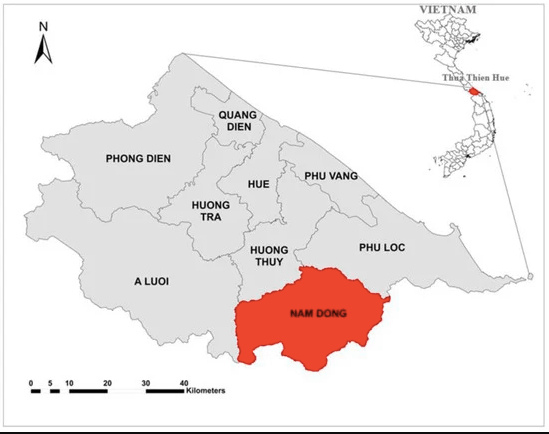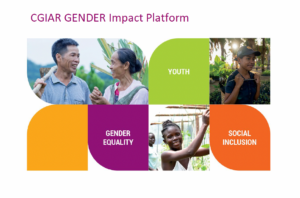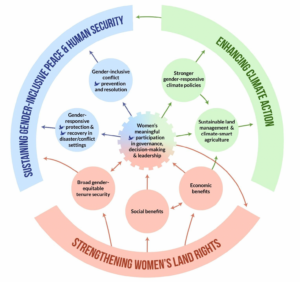Abstract
This study breaks away from traditional macroeconomic-data-based research that often overlooks the subjective experiences of communities and social groups in assessing their resilience to external stressors. Instead, we conducted a nuanced analysis of self-assessments provided by 364 household heads in the Nam Dong District, Thua Thien Hue Province, Vietnam, to gain a comprehensive understanding of household resilience. Our investigation focused on two upland communities—the Kinh majority and Co Tu ethnic minority households—evaluating their resilience levels in terms of the five livelihood capitals and identifying significant disparities among different ethnic and gender groups. Our findings reveal notable differences in livelihood resilience to climate change and variability among these groups, particularly for women, the poor, and ethnic minorities who exhibit lower resilience levels. This underscores the need for policies and programs designed to improve resilience capacity while taking into account these groups’ cultural and social norms. We suggest focusing on improving financial, human, and social capitals to increase households’ resilience to external shocks. Specifically, building resilience for disadvantaged groups must go hand in hand with promoting their overall well-being and alleviating poverty. Additionally, we recommend tailored training programs to raise awareness among households and strengthening institutional systems to enhance overall resilience.
Authors: Tran Thi Phuong, Nguyen Quang Tan, Nguyen Thi Hai and Nguyen Huu Ngu
Source: MDPI




